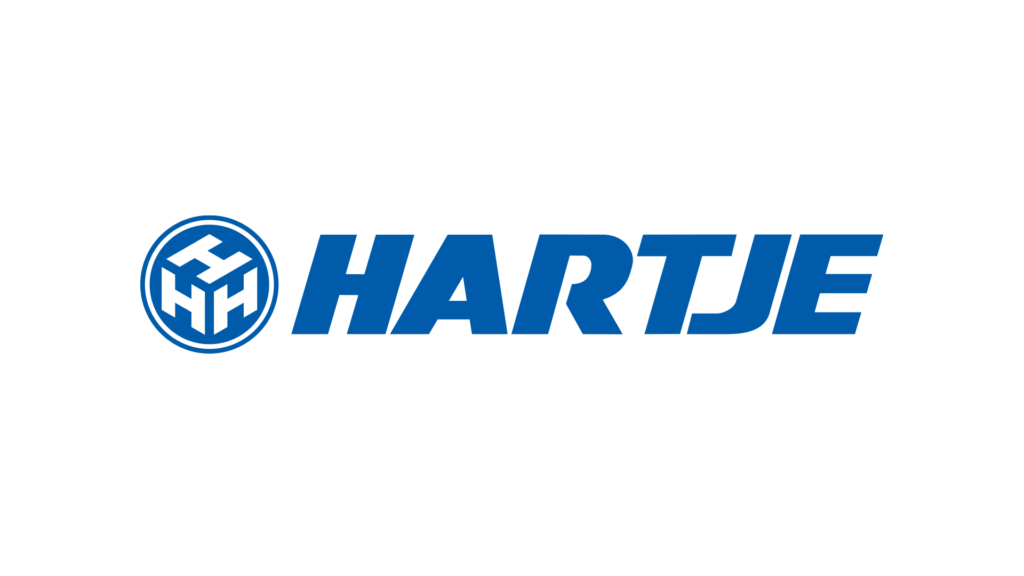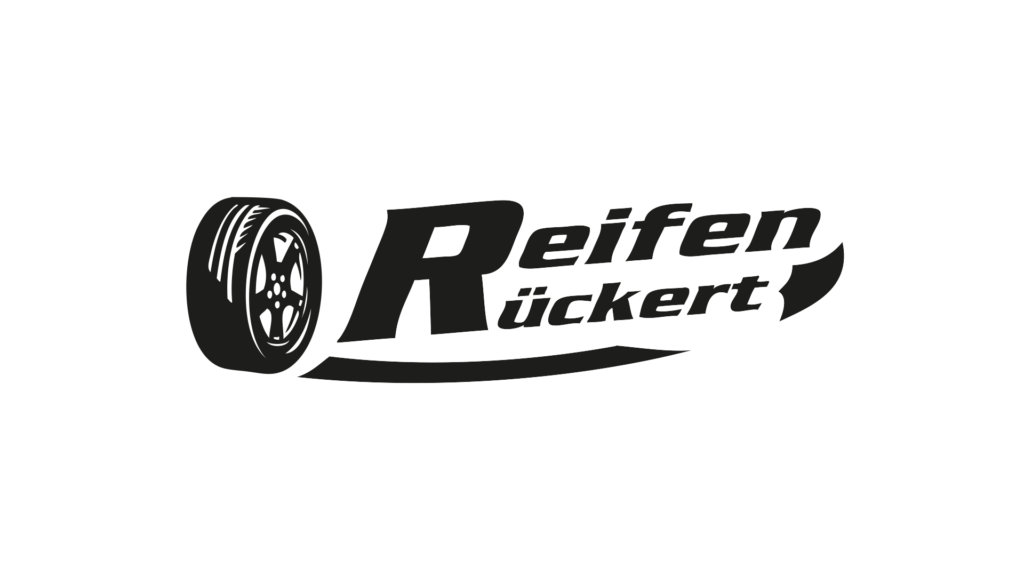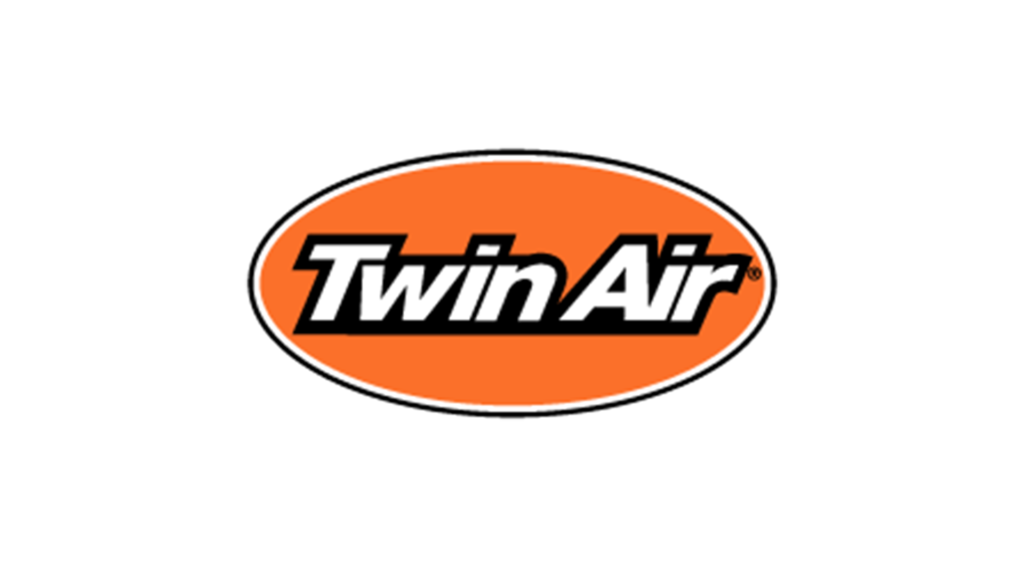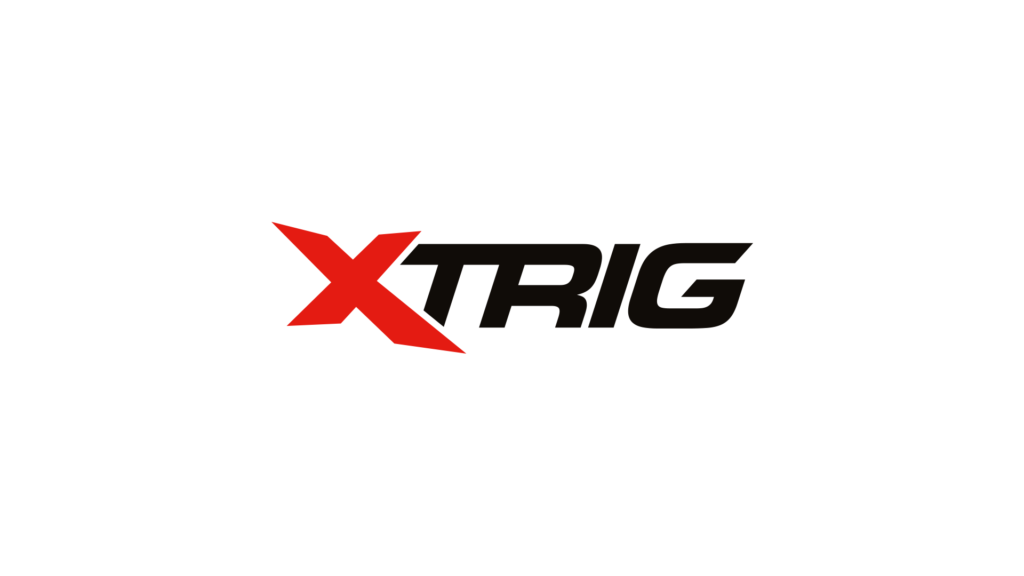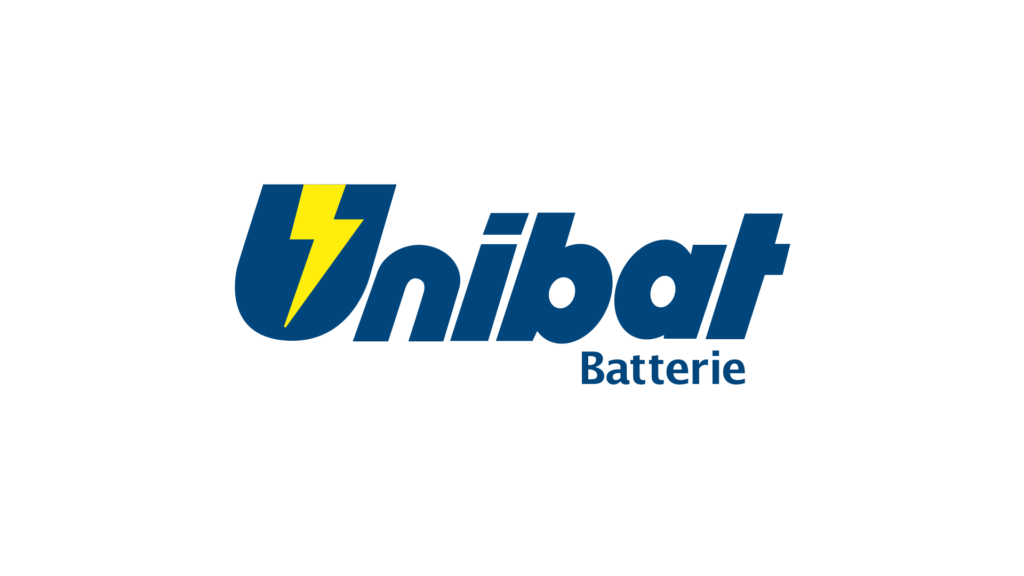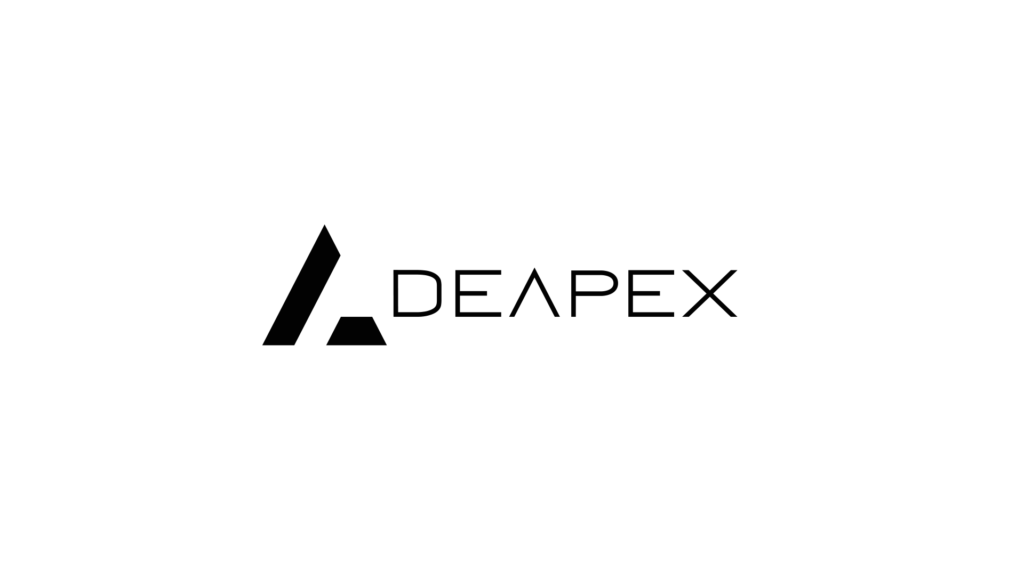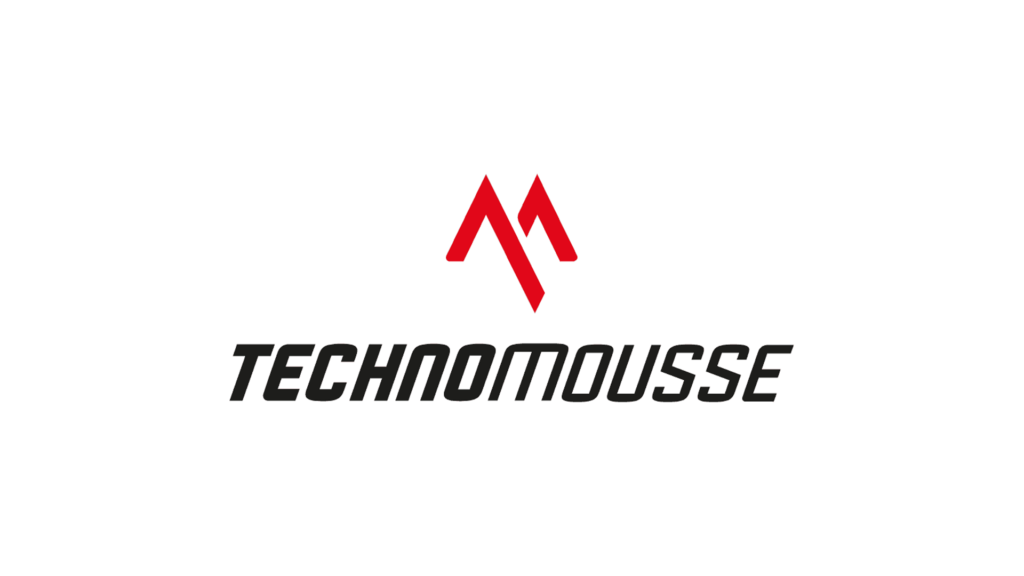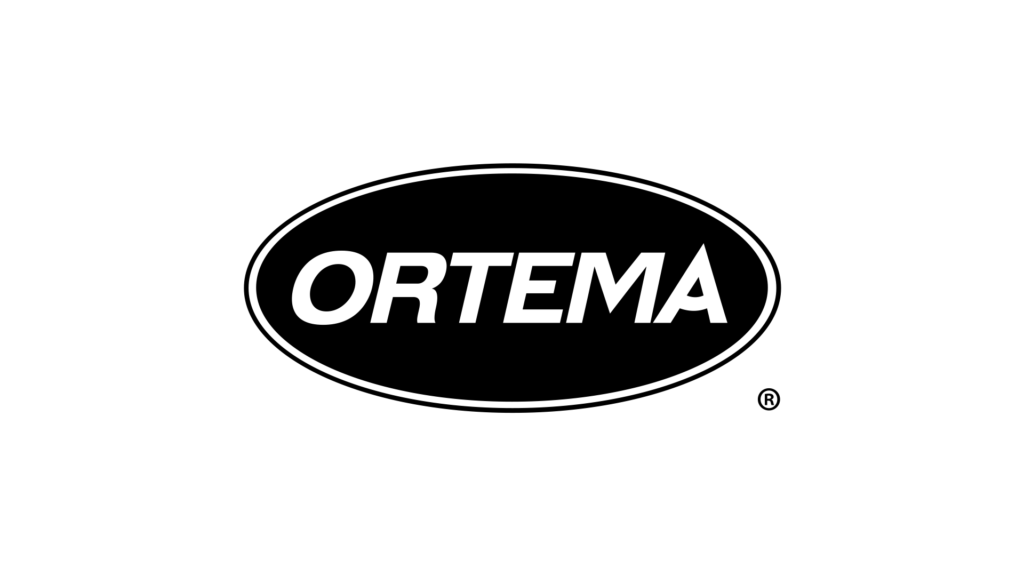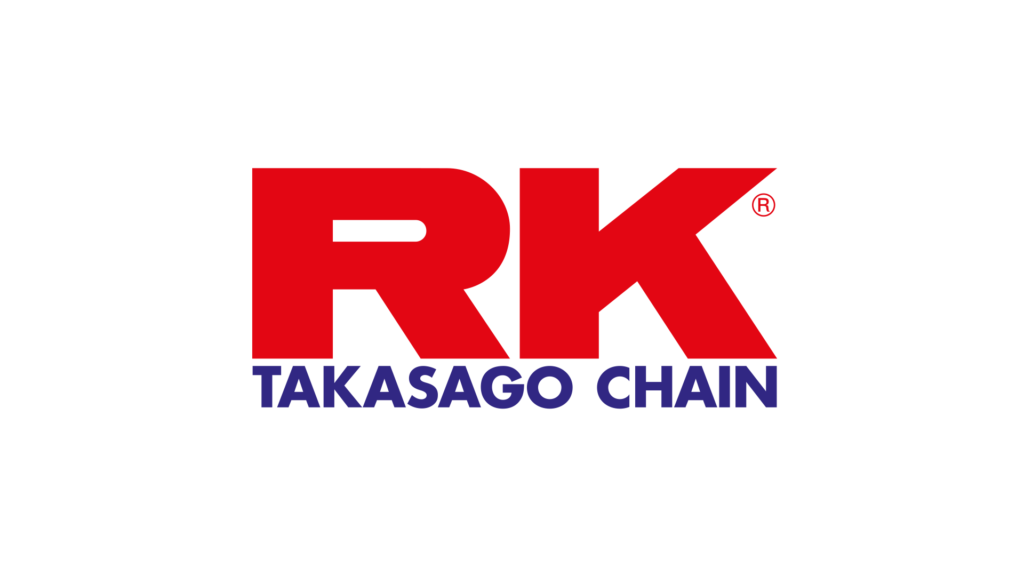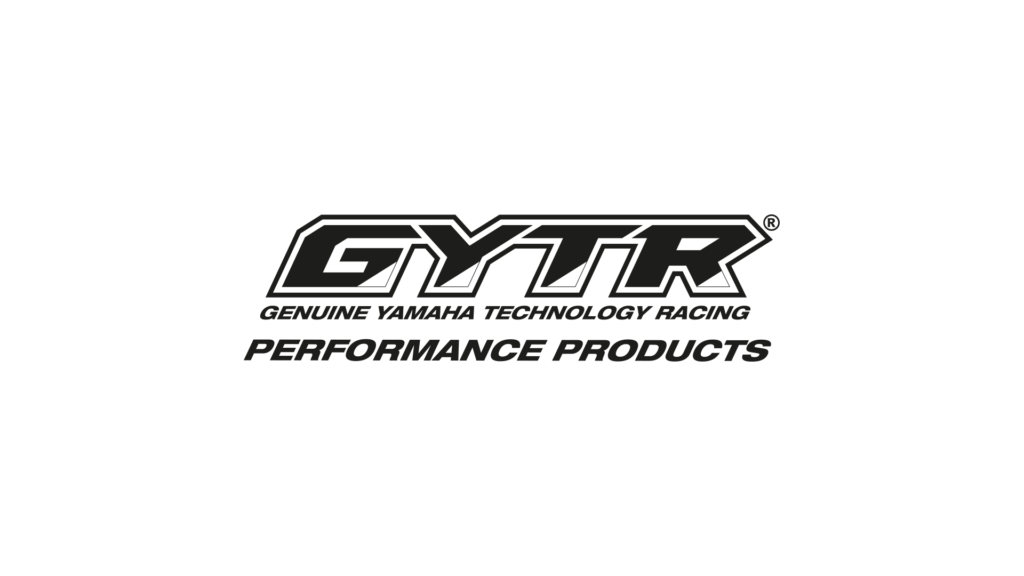Data protection
We are very pleased about your interest in our company. Data protection is of particular importance to the management for the following publisher of this website: SHR Motorsports. The use of the SHR Motorsports website is generally possible without providing any personal data. However, if a data subject wishes to use special services of our company via our website, processing of personal data may be necessary. If the processing of personal data is necessary and there is no legal basis for such processing, we generally obtain consent from the data subject.
The processing of personal data, such as the name, address, email address, or telephone number of a data subject, is always in line with the General Data Protection Regulation (GDPR) and in accordance with the country-specific data protection regulations applicable to SHR Motorsports. Through this privacy policy, our company seeks to inform the public about the nature, scope, and purpose of the personal data we collect, use, and process. Furthermore, data subjects are informed, by means of this privacy policy, of their rights.
As the controller, SHR Motorsports has implemented numerous technical and organizational measures to ensure the most complete protection of personal data processed through this website. However, Internet-based data transmissions may in principle have security gaps, so absolute protection may not be guaranteed. For this reason, every data subject is free to transfer personal data to us via alternative means, such as by telephone.
1. Definitions
The privacy policy of SHR Motorsports is based on the terms used by the European legislator for the adoption of the General Data Protection Regulation (GDPR). Our privacy policy should be legible and understandable to the public, as well as to our customers and business partners. To ensure this, we would like to explain the terminology used in advance.
In this privacy policy, we use, inter alia, the following terms:
1) Personal data
Personal data means any information relating to an identified or identifiable natural person (“data subject”). An identifiable natural person is one who can be identified, directly or indirectly, in particular by reference to an identifier such as a name, an identification number, location data, an online identifier, or one or more factors specific to the physical, physiological, genetic, mental, economic, cultural, or social identity of that natural person.
2) Data subject
Data subject is any identified or identifiable natural person, whose personal data is processed by the controller responsible for the processing.
3) Processing
Processing is any operation or set of operations which is performed on personal data or on sets of personal data, whether or not by automated means, such as collection, recording, organization, structuring, storage, adaptation or alteration, retrieval, consultation, use, disclosure by transmission, dissemination or otherwise making available, alignment or combination, restriction, erasure or destruction.
4) Restriction of processing
Restriction of processing is the marking of stored personal data with the aim of limiting their processing in the future.
5) Profiling
Profiling means any form of automated processing of personal data consisting of the use of personal data to evaluate certain personal aspects relating to a natural person, in particular to analyze or predict aspects concerning that natural person’s performance at work, economic situation, health, personal preferences, interests, reliability, behavior, location or movements.
6) Pseudonymization
Pseudonymization is the processing of personal data in such a manner that the personal data can no longer be attributed to a specific data subject without the use of additional information, provided that such additional information is kept separately and is subject to technical and organizational measures to ensure that the personal data are not attributed to an identified or identifiable natural person.
7) Controller or controller responsible for the processing
Controller or controller responsible for the processing is the natural or legal person, public authority, agency or other body which, alone or jointly with others, determines the purposes and means of the processing of personal data; where the purposes and means of such processing are determined by Union or Member State law, the controller or the specific criteria for its nomination may be provided for by Union or Member State law.
8) Processor
Processor is a natural or legal person, public authority, agency or other body which processes personal data on behalf of the controller.
9) Recipient
Recipient is a natural or legal person, public authority, agency or another body, to which the personal data are disclosed, whether a third party or not. However, public authorities which may receive personal data in the framework of a particular inquiry in accordance with Union or Member State law shall not be regarded as recipients; the processing of those data by those public authorities shall be in compliance with the applicable data protection rules according to the purposes of the processing.
10) Third party
Third party is a natural or legal person, public authority, agency or body other than the data subject, controller, processor and persons who, under the direct authority of the controller or processor, are authorized to process personal data.
11) Consent
Consent of the data subject is any freely given, specific, informed and unambiguous indication of the data subject’s wishes by which he or she, by a statement or by a clear affirmative action, signifies agreement to the processing of personal data relating to him or her.
2. Name and Address of the controller
Controller for the purposes of the General Data Protection Regulation (GDPR), other data protection laws applicable in Member states of the European Union and other provisions related to data protection is:
Publisher:
SHR Motorsports
Address:
Gadesbünden 124
31622 Heemsen
Germany
Tel.: +49 174 6711549
Email: [email protected]
Website: www.shr-motorsports.de
3. Cookies
The websites of SHR Motorsports use cookies. Cookies are text files that are stored on a computer system via an Internet browser.
Many websites and servers use cookies. Many cookies contain a so-called cookie ID. A cookie ID is a unique identifier of the cookie. It consists of a character string through which Internet pages and servers can be assigned to the specific Internet browser in which the cookie was stored. This allows visited Internet sites and servers to differentiate the individual browser of the data subject from other Internet browsers that contain other cookies. A specific Internet browser can be recognized and identified using the unique cookie ID.
By using cookies, SHR Motorsports can provide users of this website with more user-friendly services that would not be possible without the cookie setting.
Through a cookie, the information and offers on our website can be optimized with the user in mind. Cookies allow us, as previously mentioned, to recognize the users of our website. The purpose of this recognition is to make it easier for users to use our website. The user of a website that uses cookies, for example, does not have to enter access data each time the website is visited because this is taken over by the website and the cookie stored on the user’s computer system. Another example is a cookie for the shopping cart in an online shop. The online shop remembers the items that a customer has placed in the virtual shopping cart via a cookie.
When you visit our website, the user is informed about the use of cookies for analytical purposes and his consent to the processing of personal data used in this context is obtained. In this context, there is also a reference to this privacy policy.
The legal basis for the processing of personal data using technically necessary cookies is Art. 6 Para. 1 lit. f GDPR.
The data subject can prevent cookies from being set by our website at any time by means of a corresponding setting of the Internet browser used and thus permanently object to the setting of cookies. Furthermore, cookies that have already been set can be deleted at any time via an Internet browser or other software programs. This is possible in all common Internet browsers. If the data subject deactivates the setting of cookies in the Internet browser used, not all functions of our website may be fully usable.
4. Collection of general data and information
The website of SHR Motorsports collects a series of general data and information each time the website is accessed by a data subject or an automated system. This general data and information is stored in the server’s log files. The following data may be collected: (1) the browser types and versions used, (2) the operating system used by the accessing system, (3) the website from which an accessing system reaches our website (so-called referrers), (4) the sub-websites that are accessed via an accessing system on our website, (5) the date and time of access to the website, (6) an Internet protocol address (IP address), (7) the Internet service provider of the accessing system, and (8) any other similar data and information that may be used in the event of attacks on our information technology systems.
When using this general data and information, SHR Motorsports does not draw any conclusions about the data subject. Rather, this information is needed to (1) deliver the content of our website correctly, (2) optimize the content of our website as well as its advertisement, (3) ensure the long-term viability of our information technology systems and website technology, and (4) provide law enforcement authorities with the information necessary for criminal prosecution in case of a cyber-attack. These anonymously collected data and information are therefore evaluated by SHR Motorsports both statistically and with the aim of increasing data protection and data security in our company in order to ultimately ensure an optimum level of protection for the personal data we process. The anonymous data of the server log files are stored separately from all personal data provided by a data subject.
You can also visit this website without providing any personal information. However, for the purpose of improving our online offering, we store (without personal reference) your access data to this website. This access data includes, for example, the file you requested or the name of your Internet provider. By anonymizing the data, it is not possible to draw conclusions about your person. The IP addresses of the user or other data that enable the assignment of the data to a user are not affected. Storage of this data together with other personal data of the user does not take place.
5. SSL encryption
To protect the security of your data during transmission, we use state-of-the-art encryption methods (e.g. SSL) via HTTPS.
6. Contact options via the website
The website of SHR Motorsports contains information that enables quick electronic contact with our company, as well as direct communication with us, which also includes a general address for electronic mail (email address). If a data subject contacts the controller responsible for processing by email or via a contact form, the personal data transmitted by the data subject is automatically stored. Such personal data transmitted on a voluntary basis by a data subject to the controller is stored for the purpose of processing or contacting the data subject. This personal data will not be passed on to third parties.
7. Comment function in the blog on the website
SHR Motorsports offers users the opportunity to leave individual comments on blog posts published on the website of the controller. A blog is a regularly updated website or web page, typically run by an individual or small group, that is written in an informal or conversational style. Blog posts can usually be commented on by third parties.
When a data subject leaves a comment on the blog published on this website, in addition to the comments left by the data subject, information about the time the comment was created and the username (pseudonym) chosen by the data subject is stored and published. Furthermore, the IP address assigned by the Internet service provider (ISP) to the data subject is logged. This storage of the IP address is done for security reasons and in case the data subject violates the rights of third parties or posts illegal content by submitting a comment. The storage of these personal data is therefore in the interest of the controller, so that he can exculpate himself if necessary in the event of a legal violation. There is no transfer of this collected personal data to third parties unless such a transfer is required by law or serves the legal defense of the controller.
8. Routine erasure and blocking of personal data
The controller shall process and store the personal data of the data subject only for the period necessary to achieve the purpose of storage, or as far as this is granted by the European legislator or other legislators in laws or regulations to which the controller is subject to.
If the storage purpose is not applicable, or if a storage period prescribed by the European legislator or another competent legislator expires, the personal data are routinely blocked or erased in accordance with legal requirements. In any case, personal data will be deleted after a maximum period of: 12 months.
9. Rights of the data subject
1) Right to confirmation
Each data subject has the right, granted by the European legislator, to obtain from the controller the confirmation as to whether or not personal data concerning him or her are being processed. If a data subject wishes to exercise this right of confirmation, he or she may contact an employee of the controller at any time.
2) Right to access
Each data subject shall have the right granted by the European legislator to obtain from the controller free information about his or her personal data stored at any time and a copy of this information. Furthermore, the European directives and regulations grant the data subject access to the following information:
the purposes of the processing
the categories of personal data concerned
the recipients or categories of recipients to whom the personal data have been or will be disclosed, in particular recipients in third countries or international organizations
where possible, the envisaged period for which the personal data will be stored, or, if not possible, the criteria used to determine that period
the existence of the right to request from the controller rectification or erasure of personal data or restriction of processing of personal data concerning the data subject or to object to such processing
the right to lodge a complaint with a supervisory authority
where the personal data are not collected from the data subject, any available information as to their source
the existence of automated decision-making, including profiling, referred to in Article 22(1) and (4) of the GDPR and, at least in those cases, meaningful information about the logic involved, as well as the significance and envisaged consequences of such processing for the data subject.
Furthermore, the data subject shall have a right to obtain information as to whether personal data are transferred to a third country or to an international organization. Where this is the case, the data subject shall have the right to be informed of the appropriate safeguards relating to the transfer. If a data subject wishes to exercise this right of access, he or she may contact an employee of the controller at any time.
3) Right to rectification
Each data subject shall have the right granted by the European legislator to obtain from the controller without undue delay the rectification of inaccurate personal data concerning him or her. Taking into account the purposes of the processing, the data subject shall have the right to have incomplete personal data completed, including by means of providing a supplementary statement. If a data subject wishes to exercise this right to rectification, he or she may, at any time, contact an employee of the controller.
4) Right to erasure (Right to be forgotten)
Each data subject shall have the right granted by the European legislator to obtain from the controller the erasure of personal data concerning him or her without undue delay, and the controller shall have the obligation to erase personal data without undue delay where one of the following grounds applies, as long as the processing is not necessary:
The personal data are no longer necessary in relation to the purposes for which they were collected or otherwise processed.
The data subject withdraws consent to which the processing is based according to point (a) of Article 6(1) of the GDPR, or point (a) of Article 9(2) of the GDPR, and where there is no other legal ground for the processing.
The data subject objects to the processing pursuant to Article 21(1) of the GDPR and there are no overriding legitimate grounds for the processing, or the data subject objects to the processing pursuant to Article 21(2) of the GDPR.
The personal data have been unlawfully processed.
The personal data must be erased for compliance with a legal obligation in Union or Member State law to which the controller is subject.
The personal data have been collected in relation to the offer of information society services referred to in Article 8(1) of the GDPR.
If one of the aforementioned reasons applies, and a data subject wishes to request the erasure of personal data stored by SHR Motorsports, he or she may, at any time, contact any employee of the controller. An employee of SHR Motorsports shall promptly ensure that the erasure request is complied with. Where the controller has made personal data public and is obliged pursuant to Article 17(1) to erase the personal data, the controller, taking account of available technology and the cost of implementation, shall take reasonable steps, including technical measures, to inform other controllers processing the personal data that the data subject has requested erasure by such controllers of any links to, or copy or replication of, those personal data, as far as processing is not required. An employee of SHR Motorsports will arrange the necessary in individual cases.
5) Right to restriction of processing
Each data subject shall have the right granted by the European legislator to obtain from the controller restriction of processing where one of the following applies:
The accuracy of the personal data is contested by the data subject, for a period enabling the controller to verify the accuracy of the personal data.
The processing is unlawful and the data subject opposes the erasure of the personal data and requests instead the restriction of their use.
The controller no longer needs the personal data for the purposes of the processing, but they are required by the data subject for the establishment, exercise or defense of legal claims.
The data subject has objected to processing pursuant to Article 21(1) of the GDPR pending the verification whether the legitimate grounds of the controller override those of the data subject.
If one of the aforementioned conditions is met, and a data subject wishes to request the restriction of the processing of personal data stored by SHR Motorsports, he or she may at any time contact any employee of the controller. The employee of SHR Motorsports will arrange the restriction of the processing.
6) Right to data portability
Every data subject has the right, as granted by the European legislator, to receive the personal data concerning him or her, which was provided to a controller, in a structured, commonly used, and machine-readable format. He or she also has the right to transmit those data to another controller without hindrance from the controller to which the personal data have been provided, where the processing is based on consent pursuant to Article 6(1)(a) GDPR or Article 9(2)(a) GDPR or on a contract pursuant to Article 6(1)(b) GDPR, and the processing is carried out by automated means, as long as the processing is not necessary for the performance of a task carried out in the public interest or in the exercise of official authority vested in the controller. Furthermore, in exercising his or her right to data portability pursuant to Article 20(1) GDPR, the data subject has the right to have personal data transmitted directly from one controller to another, where technically feasible and when doing so does not adversely affect the rights and freedoms of others. In order to assert the right to data portability, the data subject may at any time contact an employee of SHR Motorsports.
7) Right to object
Every data subject has the right, granted by the European legislator, to object, on grounds relating to his or her particular situation, at any time, to the processing of personal data concerning him or her, which is based on Article 6(1)(e) or (f) GDPR. This also applies to profiling based on these provisions. SHR Motorsports shall no longer process the personal data in the event of the objection unless we can demonstrate compelling legitimate grounds for the processing which override the interests, rights, and freedoms of the data subject or for the establishment, exercise, or defense of legal claims. If SHR Motorsports processes personal data for direct marketing purposes, the data subject shall have the right to object at any time to the processing of personal data concerning him or her for such marketing. This applies to profiling to the extent that it is related to such direct marketing. If the data subject objects to SHR Motorsports processing for direct marketing purposes, SHR Motorsports will no longer process the personal data for these purposes. In addition, the data subject has the right, on grounds relating to his or her particular situation, to object to processing of personal data concerning him or her by SHR Motorsports for scientific or historical research purposes, or for statistical purposes pursuant to Article 89(1) GDPR, unless the processing is necessary for the performance of a task carried out for reasons of public interest. In order to exercise the right to object, the data subject may directly contact any employee of SHR Motorsports or another employee. The data subject is also free in the context of the use of information society services, and notwithstanding Directive 2002/58/EC, to use his or her right to object by automated means using technical specifications.
8) Automated individual decision-making, including profiling
Every data subject has the right, granted by the European legislator, not to be subject to a decision based solely on automated processing, including profiling, which produces legal effects concerning him or her, or similarly significantly affects him or her, as long as the decision (1) is not necessary for entering into, or the performance of, a contract between the data subject and a data controller, or (2) is not authorized by Union or Member State law to which the controller is subject and which also lays down suitable measures to safeguard the data subject’s rights and freedoms and legitimate interests, or (3) is not based on the data subject’s explicit consent. If the decision (1) is necessary for entering into, or the performance of, a contract between the data subject and a data controller, or (2) it is based on the data subject’s explicit consent, SHR Motorsports shall implement suitable measures to safeguard the data subject’s rights and freedoms and legitimate interests, at least the right to obtain human intervention on the part of the controller, to express his or her point of view, and to contest the decision. If the data subject wishes to exercise the rights concerning automated individual decision-making, he or she may, at any time, contact any employee of SHR Motorsports.
9) Right to withdraw data protection consent
Every data subject has the right to withdraw his or her consent to the processing of personal data at any time, granted by the European legislator. If the data subject wishes to exercise the right to withdraw the consent, he or she may, at any time, contact an employee of the controller.
10. Use of Google Analytics
This website uses Google Analytics, a web analytics service provided by Google Inc. (hereinafter referred to as “Google”). Google Analytics uses so-called “cookies”, which are text files placed on your computer, to help the website analyze how users use the site. The information generated by the cookie about your use of the website will generally be transmitted to and stored by Google on servers in the United States. However, if IP anonymization is activated on this website, your IP address will be truncated by Google within Member States of the European Union or in other states party to the Agreement on the European Economic Area before being transmitted. Only in exceptional cases will the full IP address be sent to a Google server in the USA and shortened there. On behalf of the operator of this website, Google will use this information for the purpose of evaluating your use of the website, compiling reports on website activity and providing other services relating to website activity and internet usage to the website operator. The IP address transmitted by your browser as part of Google Analytics will not be merged with other data from Google.
The purposes of data processing are to evaluate the use of the website and to compile reports on activities on the website. Based on the use of the website and the internet, other related services are then to be provided. The processing is based on the legitimate interest of the website operator.
You may refuse the use of cookies by selecting the appropriate settings on your browser, however please note that if you do this you may not be able to use the full functionality of this website. You can also prevent the collection of data generated by the cookie and related to your use of the website (including your IP address) to Google and the processing of this data by Google by downloading and installing the browser plugin available at the following link: Browser Add On to deactivate Google Analytics.
In addition to or as an alternative to the browser add-on, you can prevent tracking by Google Analytics on our pages by clicking this link. An opt-out cookie will be installed on your device to prevent Google Analytics from collecting data for this website and this browser in the future as long as the cookie remains installed in your browser.
11. Use of libraries (web fonts)
To display our content correctly and graphically appealing across browsers, we use libraries and font libraries on this website, such as Google Webfonts (https://www.google.com/webfonts/). Google Webfonts are transferred to the cache of your browser to prevent multiple loading. If the browser does not support Google Webfonts or prevents access, content will be displayed in a standard font.
Calling up libraries or font libraries automatically triggers a connection to the operator of the library. It is theoretically possible – but currently also unclear whether and, if so, for what purposes – that operators of corresponding libraries may collect data.
You can find the privacy policy of the library operator Google here: https://www.google.com/policies/privacy/
12. Social Media Plugins
We use social plugins of the providers listed below on our websites. You can recognize the plugins by the corresponding logo.
Through these plugins, information, including personal data, may be sent to the service operator and may be used by them. We prevent the unconscious and unwanted collection and transmission of data to the service provider through a 2-click solution. To activate a desired social plugin, it must first be activated by clicking on the corresponding switch. Only by this activation of the plugin is the detection of information and its transmission to the service provider triggered. We do not collect personal data ourselves through the social plugins or about their use.
We have integrated the social media buttons of the following companies on our website:
Instagram: https://www.instagram.com/shrmotorsports/
13. Legal basis for processing
Art. 6 I lit. a GDPR serves as the legal basis for processing operations for which we obtain consent for a specific processing purpose. If the processing of personal data is necessary for the performance of a contract to which the data subject is a party, as is the case, for example, with processing operations necessary for the supply of goods or the provision of other services or consideration, the processing is based on Art. 6 I lit. b GDPR. The same applies to such processing operations that are necessary for carrying out pre-contractual measures, for example in cases of inquiries about our products or services. If our company is subject to a legal obligation which requires the processing of personal data, such as for the fulfillment of tax obligations, the processing is based on Art. 6 I lit. c GDPR. In rare cases, the processing of personal data may become necessary to protect the vital interests of the data subject or another natural person. This would be the case, for example, if a visitor were injured in our company and his name, age, health insurance data, or other vital information had to be passed on to a doctor, hospital, or other third party. Then the processing would be based on Art. 6 I lit. d GDPR. Ultimately, processing operations could be based on Art. 6 I lit. f GDPR. On this legal basis, processing operations that are not covered by any of the aforementioned legal bases are carried out if the processing is necessary to safeguard a legitimate interest of our company or a third party, provided that the interests, fundamental rights, and freedoms of the data subject do not outweigh the first-mentioned interest. Such processing operations are permitted to us in particular because they have been specifically mentioned by the European legislator. He took the view that a legitimate interest could be assumed if the data subject is a customer of the data controller (Recital 47 Sentence 2 GDPR).
14. Legitimate interests pursued by the controller or a third party
Where the processing of personal data is based on Article 6 I lit. f GDPR, our legitimate interest is the conduct of our business for the benefit of all our employees and shareholders.
15. Period for which the personal data will be stored
The criteria used to determine the period of storage of personal data is the respective statutory retention period. After expiration of that period, the corresponding data is routinely deleted, as long as it is no longer necessary for the fulfillment of the contract or the initiation of a contract.
16. Legal or contractual provisions for the provision of personal data; Necessity for the conclusion of the contract; Obligation of the data subject to provide the personal data; possible consequences of not providing the data
We clarify that the provision of personal data is partly required by law (e.g., tax regulations) or can also result from contractual provisions (e.g., information on the contractual partner). Sometimes it may be necessary to conclude a contract that the data subject provides us with personal data, which must subsequently be processed by us. The data subject is, for example, obliged to provide us with personal data when our company enters into a contract with them. The non-provision of the personal data would have the consequence that the contract with the data subject could not be concluded. Before personal data is provided by the data subject, the data subject must contact one of our employees. Our employee will clarify to the data subject whether the provision of the personal data is required by law or contract or is necessary for the conclusion of the contract, whether there is an obligation to provide the personal data, and the consequences of not providing the personal data.
17. Changes to the privacy policy
We reserve the right to adapt this data protection declaration so that it always complies with current legal requirements or to implement changes to our services in the data protection declaration, e.g., when introducing new new services. For your next visit, the new data protection declaration will then apply.
18. Existence of automated decision-making
As a responsible company, we do not use automatic decision-making or profiling.
© SH Racing Parts 2023. All rights reserved.


